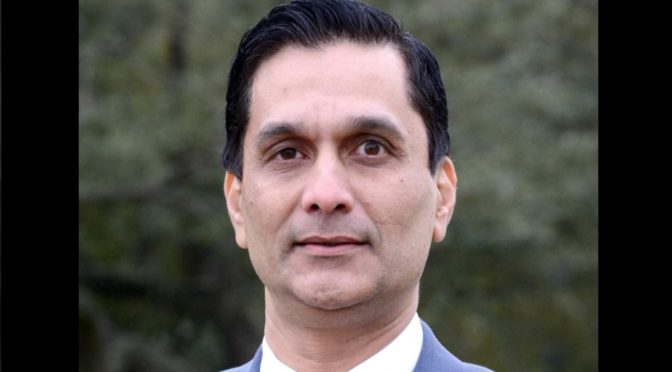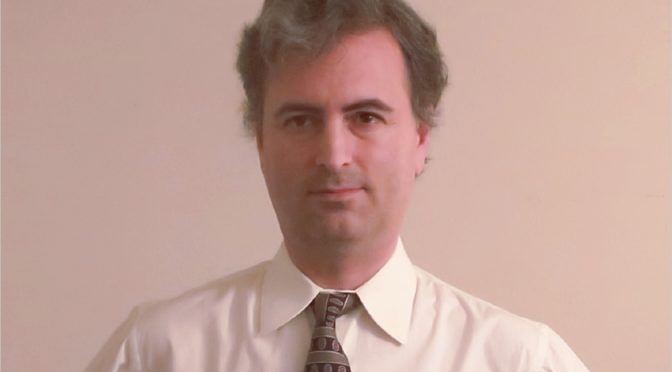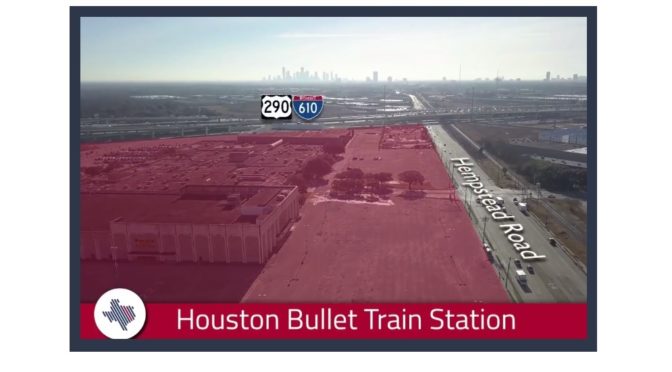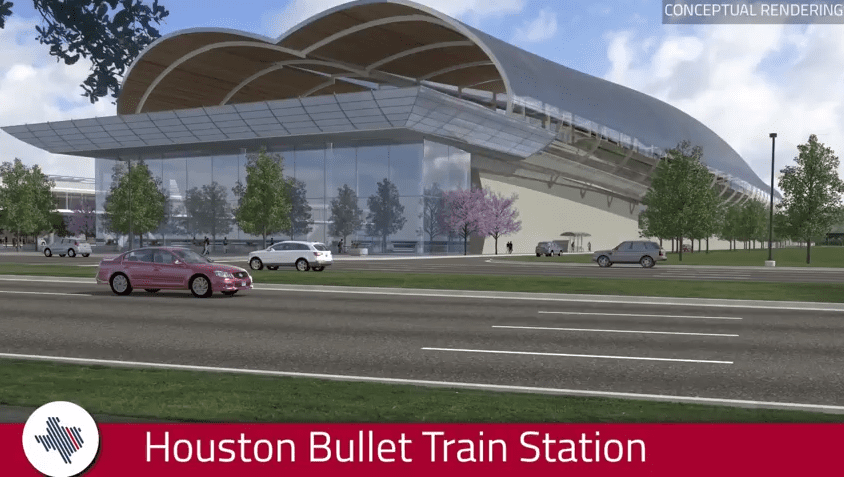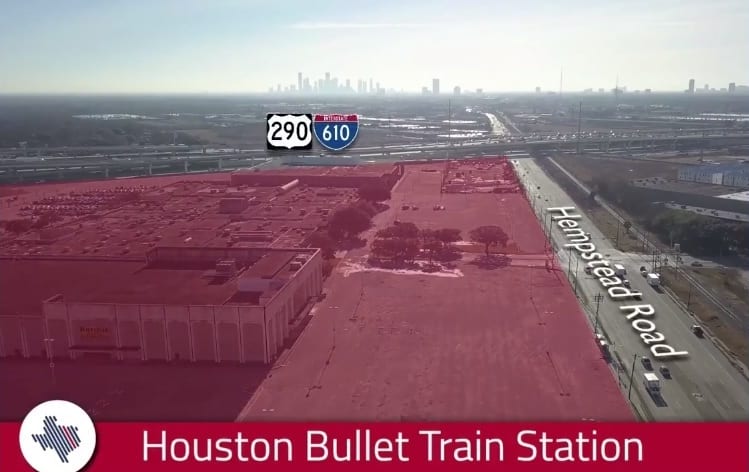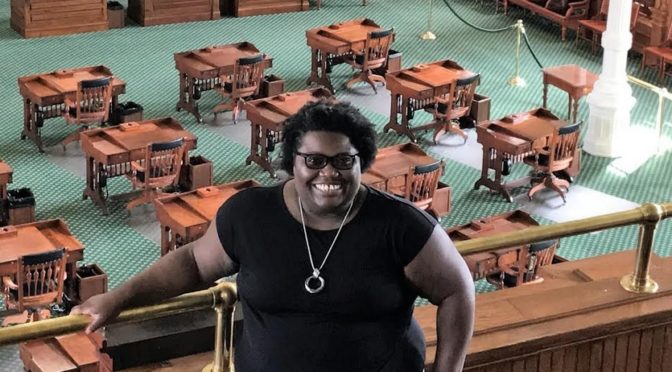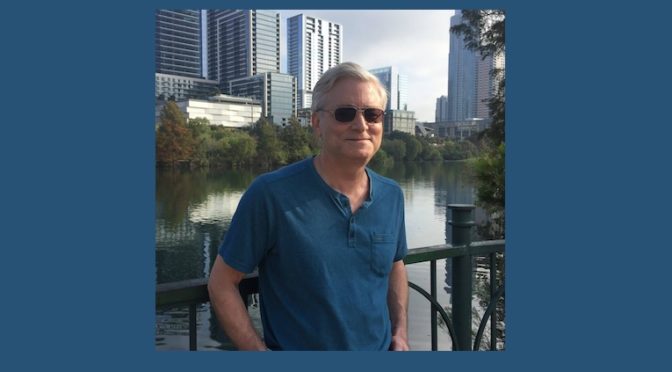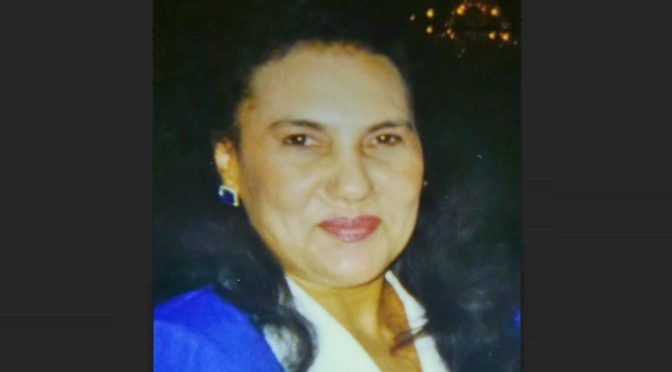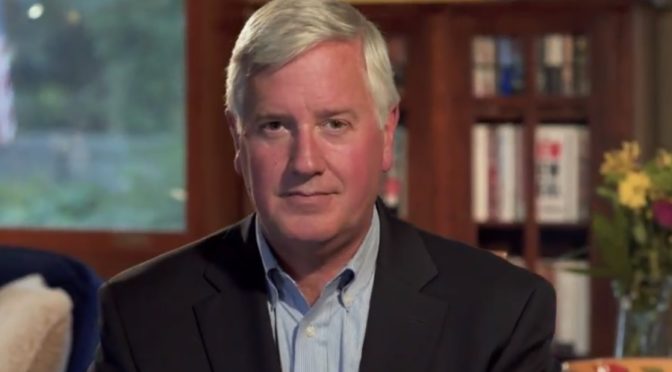In the Ninth installment of the 2018 Texas Leftist Candidate Questionnaire, we hear from Tahir Javed, candidate for U.S. House, Texas’ 29th Congressional District.
Please note: Responses have been received directly from the candidate, and have been posted ver batim from the email received. This is done out of fairness to all candidates. Publishing these responses does not constitute an endorsement, but will be considered during the endorsement process.
TL: What is your name, as it will appear on the ballot?
TJ: Tahir Javed
TL: Are you a current or former elected official? If so what office(s)?
TJ: No.
TL: As a political candidate, you clearly care about what happens in certain levels of government. In your own words, why is government important?
Government is one of the highest public goods. It is the culmination of our collective will, values, and aims. Government has done much to lift people out of poverty, improve people’s health, provide economic opportunity, and abolish reprehensible systems of oppressive slavery. It is vital to helping us continue the march of progress, however slow and imperfect it may be at times, we must continue moving forward.
TL: If elected, name your top 3 priorities you hope to accomplish for the upcoming legislative session. Describe how you plan to accomplish them.
TJ: Increase access to affordable healthcare for all. Boost funding for schools to provide a quality education for all our students. Bring investment to create high paying jobs that pay a living wage.
First we need to stop the cuts to any funding for healthcare. If we can pick up enough seats, we need to begin pushing harder for Medicare for All. In the meantime, I will continue my work as the president and CEO of a healthcare system in Texas to provide underserved communities the much needed access to hospitals and clinics they need now.
The Texas legislature continues to kick the can down the road on adequately funding our schools. This is where we as congressman need to step up and do what we can when the state fails to honor parents, teachers, and students. Of course we need to increase the funding for education, we also need to be looking at how come up with funding amounts. States like Texas, and others who spend far less than others on education are actually punished by the allocation formulas of Title I. We need to revisit the funding formulas and find a way to make them work for those states with the poorest of students.
As a businessman I have ensured every person I employ receives a living wage. I think it is the duty of every business to pay their employees fairly because it makes sense for owners too—we should all want our employees focused on doing the best job, rather than on how to make ends meet—I will work to raise the minimum wage.
TL: In the coming years, the state of Texas is on course to have an unprecedented boom in the state’s population. But with more people and more opportunities comes an ever-increasing strain on Texas roads and infrastructure. Describe your thoughts on what needs to be done to improve Texas infrastructure now so we can plan for a bright future for the state.
TJ: On the federal level, the Highway Trust Fund is on track to be in a 160 billion dollar hole. The last time anyone raised the taxes on gas was in 1993. We are long overdue on making the Highway Trust Fund solvent, and ensuring it is fully funded to meet the demands growth in many states like Texas, will need now and in the future. I support measures we can take to fully fund the Highway Trust Fund.
TL: Even as impressive growth continues in around the state’s urban centers, rural Texans are faced with a healthcare crisis. According to Laura Garcia of the Victoria Advocate, rural communities across the state have lost 18 hospitals in less than five years, and this was before any additional challenges worsened by natural disasters like Hurricane Harvey. Without hospital services in or near their local communities, the medical and emergency care is at an increasing risk our citizens. As a legislator, how would you plan to address this issue and help Texas’ vital rural healthcare facilities stay open?
TJ: As a president and CEO of a healthcare system in Texas I have seen many under-served communities lose hospitals and clinics. My work has been concentrated on helping those communities losing access to healthcare by turning around failing facilities, and building more hospitals and clinics. I will continue this work in our community if I am elected. We need to continue the work of public-private partnerships to help bring these hospitals and clinics back to these communities. Our federal government needs to work to improve Obamacare and move to a single-payer system. We need healthcare for all.
TL: In 2017, the Federal Communications Commission voted to overturn an Obama-era rule which classifies internet service providers as public utilities, and thereby governed under the 1934 Communications Act. This decision essentially erases the principle that Internet Service Providers should treat all online content equally without giving preference to particular sources, otherwise known as Net Neutrality. Please describe your views on this decision, and whether or not you would support legislation at the State or Federal level to uphold the principle of Net Neutrality.
TJ: The decision by the Chairman of the FCC and the vote that followed to repeal Net Neutrality will have a negative effect on the market, and is an assault on the freedom of the internet. Given the current Trump administration’s stance on the issue, and the likelihood it would be hard to overturn, states should lead on protecting consumers till a change can be made at the federal level.
TL: What makes you the best candidate for this office?
TJ: I am uniquely qualified not only as someone who has come to this country as an immigrant who worked his way from nothing to success, but because my professional experience compliments the problems our district faces.
Healthcare coverage in Texas, especially in our district, continues to be the lowest among the states, and the cost of it continues to rise. As CEO and president of one the fastest growing healthcare systems in Texas, I have spent time building hospitals and clinics, and turning around failing hospitals in the most rural and poor areas. I know how we can achieve affordable healthcare for all and lower cost.
Our graduation rates, college achievement, and overall school success is at an all time low. The state continues to do little to assist the poorer districts with the necessary funds to do more for our kids. They deserve a world class education. I was at a time a teacher. I eventually opened up my own school for underprivileged children where I grew up. My mission to help those around me started early in my career. It helps me understand what we need to be successful—more funding, higher teacher pay, smaller class sizes, and less focus on standardized test.
Our district has one of the lowest average incomes in southeast Texas. If we hope our hardworking families have the resources they need to achieve their own American Dream, we need high paying jobs that pay a living wage. I have created over 20 businesses, and with that thousands of jobs. It has been a belief of mine since I started my companies to pay my employees a living wage, and to ensure they had the best possible benefits. I think all businesses should lead by example. In the absence of their action, we should fight to raise the minimum wage.
TL: When not on the campaign trail, how do you like to spend your free time?
TJ: I love to volunteer and donate to progressive causes, as well as those in need. I also enjoy reading poetry. My favorite thing is spending time with the love of my life, my wife, our beautiful children, and cooking a big meal for them all.
Thanks to Mr. Ashley for the responses.
Texas Primary Election Day is Tuesday March 6th, and Early Voting begins February 20th. For the Primary, you must register to vote no later than February 5th (if you’re unsure of your voting status, here’s where you can check your registration). Early voting procedures can differ depending on your county, but here are helpful links to some: Harris County, Fort Bend County, Brazoria County, Montgomery County, and Galveston County.
For other areas, visit the Texas Secretary of State’s Elections Page for your county information.
(if you like this Texas Leftist post, please consider a donation! Help us encourage Progressive, common sense ideals in the Lone Star State!!)
